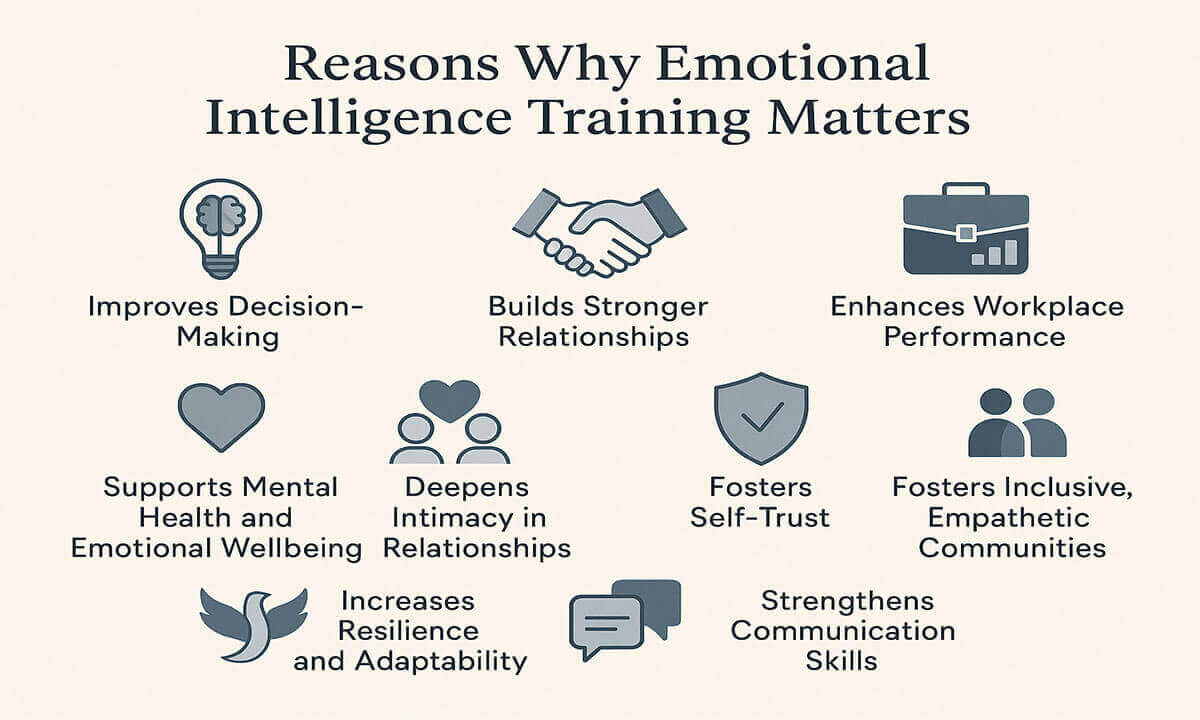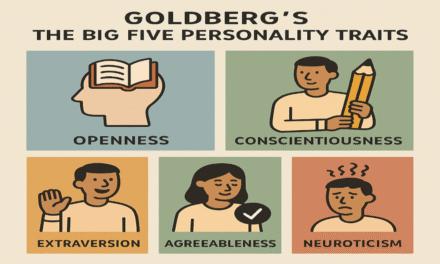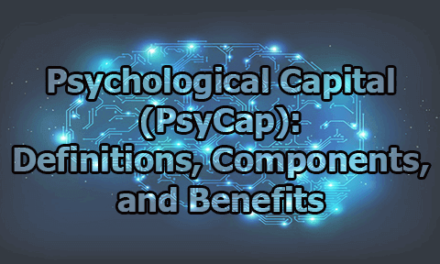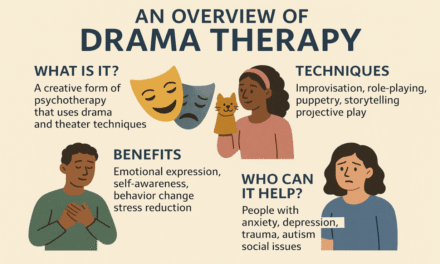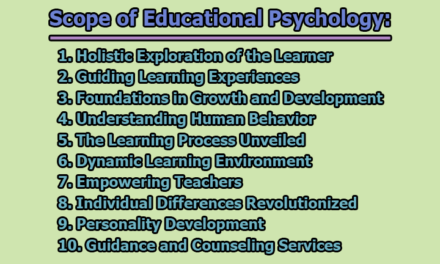Reasons Why Emotional Intelligence Training Matters:
In today’s world, personal wellbeing, the quality of relationships, and leadership success depend heavily on how well we understand ourselves and connect with others. Emotional intelligence, often abbreviated as EI, is the ability to recognize and manage one’s own emotions while perceiving and influencing the emotions of those around us. Focusing on developing emotional intelligence equips individuals with the skills to navigate stress, communicate effectively, manage relationships, and make thoughtful decisions across all areas of life (Bradberry, 2025). Here are some of the essential reasons why emotional intelligence training matters.
1. Improves Decision-Making: Emotional intelligence training is particularly valuable for improving decision-making. By learning to recognize and regulate emotions, individuals can avoid impulsive reactions and make more considered choices. For instance, imagine a manager who receives unexpected criticism from a client. Without EI, they might respond defensively or lash out at their team. However, someone trained in emotional intelligence would pause, process the feelings of frustration, and respond calmly, addressing the client’s concerns without damaging team morale. This careful approach ensures better outcomes and more balanced decisions.
2. Builds Stronger Relationships: High emotional intelligence enhances the quality of personal and professional relationships. People who are emotionally intelligent manage conflicts more effectively, communicate their needs clearly, and respond with empathy. Consider a colleague who notices a teammate is unusually quiet during a project discussion. Instead of ignoring it or assuming the worst, an emotionally intelligent individual would check in, listen to their concerns, and offer support. Research indicates that these skills are fundamental to creating healthy and lasting relationships (Parsakia et al., 2023).
3. Enhances Workplace Performance: There is a strong connection between emotional intelligence and job performance. Roles that demand collaboration, adaptability, and leadership particularly benefit from EI. For example, a project team leader who can recognize stress and burnout in team members might reassign tasks or provide encouragement to ensure goals are met without compromising wellbeing. Studies demonstrate that employees and leaders with higher emotional intelligence perform better in team-oriented and dynamic environments (Woldemichael & Shato, 2025).
4. Supports Mental Health and Emotional Wellbeing: Emotional intelligence training also promotes mental health. Learning to identify, understand, and process emotions reduces stress, anxiety, and burnout by fostering healthier coping strategies. Take the example of a student facing pressure during exams. By practicing EI techniques such as labeling emotions and practicing mindfulness, the student can reduce feelings of overwhelm, focus more effectively, and maintain emotional balance. Research highlights that emotional intelligence encourages self-awareness and resilience, which are essential for long-term emotional wellbeing (Tan et al., 2022).
5. Deepens Intimacy in Relationships: Emotional intelligence strengthens the ability to form deeper, more meaningful connections. Being attuned to one’s own feelings while being sensitive to the emotions of others fosters trust and emotional safety. A couple practicing emotional intelligence might recognize subtle signs of stress or hurt in each other and respond with understanding rather than frustration. This attentiveness nurtures intimacy, allowing both partners to feel heard, valued, and connected.
6. Fosters Self-Trust: Developing emotional intelligence also enhances self-trust. When people learn to accurately interpret internal signals, they gain confidence in their decisions, set healthy boundaries, and respond to situations with clarity. For instance, someone who recognizes feelings of discomfort during a business negotiation can make proactive choices to protect their interests without compromising professionalism. Over time, this self-awareness builds a stronger sense of personal authority and reliability.
7. Increases Resilience and Adaptability: Life is full of unexpected challenges, and emotional intelligence equips individuals to handle them with resilience. People trained in EI are better at adapting to change, recovering from setbacks, and remaining grounded during uncertainty. For example, an employee facing an organizational restructure might feel anxious and uncertain. By using emotional regulation skills, they can stay focused, explore new opportunities, and continue performing effectively, rather than becoming paralyzed by fear or frustration.
8. Strengthens Communication Skills: Effective communication is a key outcome of emotional intelligence training. Individuals learn to interpret verbal and nonverbal cues, understand tone and context, and respond with empathy. A teacher who notices that students are disengaged might adjust their lesson style, ask for feedback, or encourage participation in a way that keeps students involved. Emotionally intelligent communication improves clarity, reduces misunderstandings, and strengthens relationships across all settings.
9. Fosters Inclusive and Empathetic Communities: Finally, emotional intelligence helps cultivate empathy and perspective-taking, which are essential for creating inclusive environments. When people understand and respect the emotions of others, they contribute to workplaces, schools, and communities where everyone feels valued. For instance, a manager practicing empathetic leadership might recognize that different team members have varying needs and adjust their approach to ensure fairness and support. This creates a culture of compassion, inclusion, and mutual respect.
It is apparent that emotional intelligence training is not just a professional asset, but a life skill that transforms the way individuals engage with the world. By fostering self-awareness, empathy, and emotional regulation, it helps people understand themselves, build meaningful relationships, cope with challenges, and grow personally and professionally. In essence, emotional intelligence shapes how we connect, cope, and thrive in every aspect of life (Bradberry, 2025).
Frequently Asked Questions (FAQs):
What is emotional intelligence?
Emotional intelligence is the ability to recognize, understand, and manage your own emotions while being aware of and influencing the emotions of others. It is a skill that affects personal wellbeing, relationships, and professional success.
Why is emotional intelligence training important?
Emotional intelligence training helps individuals navigate stress, communicate effectively, build stronger relationships, make thoughtful decisions, and manage emotions in challenging situations. It benefits personal life, workplace performance, and mental health.
How does emotional intelligence improve decision-making?
Training in emotional intelligence teaches people to recognize and regulate their emotions, which reduces impulsive reactions. For example, a manager can respond calmly to criticism instead of reacting defensively, leading to better outcomes for themselves and their team.
Can emotional intelligence help in the workplace?
Yes, emotional intelligence enhances job performance, especially in roles that require collaboration, leadership, and adaptability. Leaders who practice EI can support their teams, resolve conflicts effectively, and maintain productivity even in stressful situations.
Does emotional intelligence affect mental health?
Absolutely. By learning to identify and process emotions, individuals can reduce stress, anxiety, and burnout. Emotional intelligence fosters healthier coping strategies, resilience, and overall emotional wellbeing.
How does emotional intelligence improve relationships?
Emotional intelligence strengthens personal and professional relationships by teaching empathy, conflict resolution, and effective communication. People with high EI are better at listening, understanding, and responding thoughtfully to others.
Can emotional intelligence increase resilience?
Yes. People trained in emotional intelligence are more adaptable, able to recover from setbacks, and remain grounded during uncertain situations. This skill is valuable for both personal challenges and professional changes.
Is emotional intelligence useful for communication?
Emotional intelligence improves both verbal and nonverbal communication by helping individuals read body language, tone, and emotional context. This makes interactions clearer, more authentic, and more effective.
How does emotional intelligence contribute to inclusive communities?
Developing empathy and perspective-taking helps create workplaces, schools, and communities where everyone feels valued and respected. Emotionally intelligent individuals are more compassionate and supportive of others’ needs.
Is emotional intelligence a skill that can be developed?
Yes, emotional intelligence can be cultivated through training, practice, and reflection. With consistent effort, individuals can enhance their self-awareness, empathy, emotional regulation, and relationship skills over time.
References:
- Bradberry, T. (2025). The new emotional intelligence. Simon & Schuster.
- Parsakia, K., Rostami, M., & Saadati, S. M. (2023). The relationship between emotional intelligence and marital conflicts using Actor–Partner Interdependence Model. Journal of Psychosociological Research in Family and Culture, 1(1), 23–28. https://doi.org/10.61838/kman.jprfc.1.1.6
- Tan, T. Y., Wachsmuth, L., & Tugade, M. M. (2022). Emotional nuance: Examining positive emotional granularity and well-being. Frontiers in Psychology, 13, Article 715966. https://doi.org/10.3389/fpsyg.2022.715966
- Woldemichael, A. W., & Shato, G. A. (2025). The role of emotional intelligence and conflict management in job satisfaction and teamwork: A systematic review. Public Health Challenges, 4(2), Article e70054. https://doi.org/10.1002/puh2.70054

Library Lecturer at Nurul Amin Degree College

